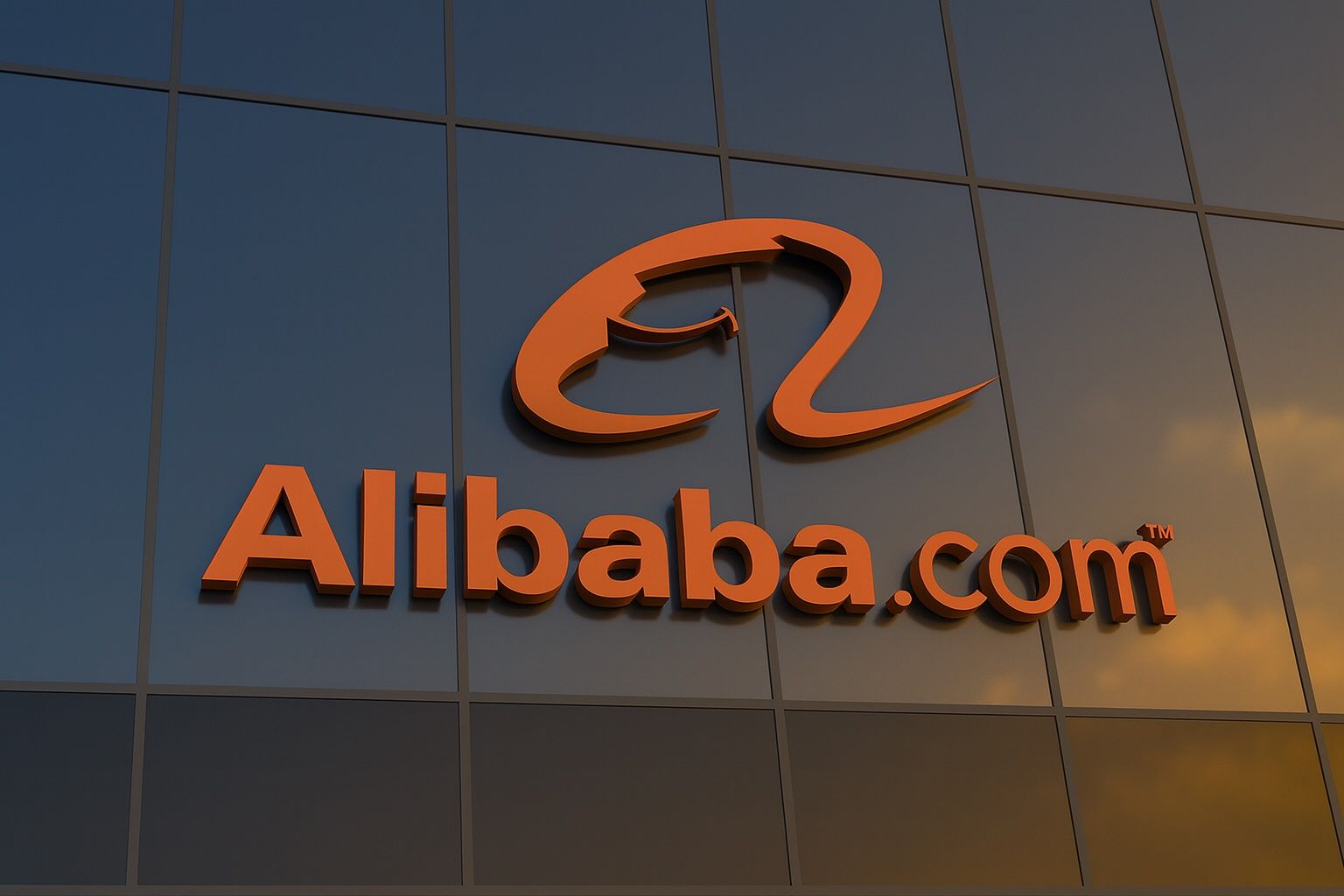Alibaba Stock Surges on Ambitious AI Investment Plans and Nvidia Partnership
Shares of Alibaba (BABA) experienced a significant surge, climbing approximately 8-10% to reach a four-year high. This increase followed the company's announcement of increased investment in artificial intelligence (AI), exceeding its previously allocated budget of over $50 billion. The news coincided with a newly formed partnership with Nvidia, further fueling investor optimism.
Alibaba's Increased AI Spending and CEO Statement
Alibaba CEO Eddie Wu stated that the rapid pace of AI development has “far exceeded our expectations,” leading to the decision to boost AI spending even further. Earlier in the year, Alibaba had earmarked ¥380 billion (approximately $53 billion) over three years for AI infrastructure. The company now plans to exceed this figure to remain competitive in the global tech industry.
Nvidia Partnership to Power "Physical" AI
Alibaba has announced a strategic alliance with Nvidia, integrating the U.S. chipmaker's advanced AI development tools into Alibaba Cloud. These tools will cater to robotics, autonomous driving, and other applications. Through this partnership, Alibaba will provide Nvidia’s "Physical AI" software, enabling the creation of 3D digital environments for synthetic training data. This accelerates AI model training for real-world applications.
Global Cloud Expansion and New AI Models
To bolster its AI initiatives, Alibaba is expanding its global cloud infrastructure by opening new data centers in Brazil, France, and the Netherlands. These represent Alibaba Cloud's first entry into these regions. Additional data centers are planned across Asia and the Middle East in the coming year. Alibaba's cloud unit has also recently launched Qwen3-Max, a large language model with over 1 trillion parameters, touted as its most powerful model to date. Optimized for coding and "autonomous agent" tasks, Alibaba claims it outperforms rival models such as Anthropic’s Claude on specific benchmarks. Furthermore, the company rolled out Qwen3-Omni, a multimodal AI system designed for immersive AR/VR applications.
Nvidia's Expanding Influence in AI
The Alibaba partnership closely follows other significant moves by Nvidia. The Silicon Valley firm has agreed to invest up to $100 billion in OpenAI, the creator of ChatGPT, supplying them with advanced data-center chips. This collaboration aims to develop what CEO Jensen Huang describes as the “biggest AI infrastructure project in history.” Nvidia also acquired a $5 billion stake in Intel, becoming one of Intel’s largest shareholders, as part of a plan to co-develop next-generation PC and data-center chips. These actions highlight Nvidia’s determination to dominate the AI computing sector, briefly pushing Nvidia's stock to record highs.
The Rising Tide Lifts AI Players
The strategic decisions by Alibaba and Nvidia reflect a global AI arms race among major tech companies. Alibaba's expanded AI budget aligns with a broader surge of investment, with its CEO predicting $4 trillion will be spent on AI globally over the next five years. Within China, Alibaba is competing with rivals such as Tencent and DeepSeek to develop leading AI platforms. Internationally, companies like Microsoft, Google, and Amazon are also investing heavily in AI. Cathie Wood's ARK funds recently purchased Alibaba stock for the first time in 4 years amid AI optimism, acquiring over $16 million worth of shares.
Alibaba Stock Soars on Massive AI Spending Plan
Alibaba’s recent pivot toward artificial intelligence has boosted its stock and signaled to the market that the Chinese tech giant is fully committed to AI. At its annual Apsara Conference, CEO Eddie Wu emphasized that AI industry growth “far exceeded our expectations,” with demand for AI infrastructure surpassing Alibaba's projections. Wu announced that Alibaba will boost its investment in AI beyond its hefty ¥380 billion (about $53 billion) three-year budget, set earlier this year.
Inside Alibaba’s Alliance with Nvidia
A key aspect of Alibaba’s AI announcement was a new partnership with Nvidia. This collaboration is focused on "physical AI" capabilities needed to train and deploy AI models for real-world applications like robotics, autonomous vehicles, and smart factories. Alibaba will integrate Nvidia’s AI development software into its cloud platform, including robotics, simulation toolkits, and its Physical AI software stack.
Nvidia’s Latest Moves: From OpenAI to Intel
Nvidia also announced a partnership with OpenAI, investing up to $100 billion and becoming a key supplier of advanced GPUs for building new AI supercomputers. Simultaneously, Nvidia took a $5 billion stake in Intel, becoming one of Intel’s largest shareholders, to co-develop future chips for data centers and personal computing.
AI Arms Race: Big Tech Bets and Competitive Landscape
Alibaba’s AI escalation and Nvidia’s maneuvers are part of a broader AI arms race. Eddie Wu estimates that worldwide AI investment will reach $4 trillion over five years. In the United States, Microsoft has invested billions into OpenAI and is partnering to deploy AI capabilities across its Azure cloud and software products. Google has been developing its own AI supercomputers and proprietary AI chips, while Amazon offers AI services and custom AI chips and has invested in AI startups like Anthropic. In China, beyond Alibaba's efforts, Baidu has developed its ERNIE large language models, and Tencent has ramped up investment in AI research.
Outlook: Two Stocks, One AI Future?
For investors, Alibaba stock (BABA) now offers a compelling “AI value” narrative, with a huge user base and a stock trading at a relatively modest valuation. Nvidia’s stock (NVDA), on the other hand, has been the poster child of the AI boom, surging to a trillion-dollar market cap. Alibaba's burgeoning AI momentum contrasts with Nvidia's much richer multiple, but Nvidia’s technology makes many of these AI ambitions possible.
 Visit the website
Visit the website




